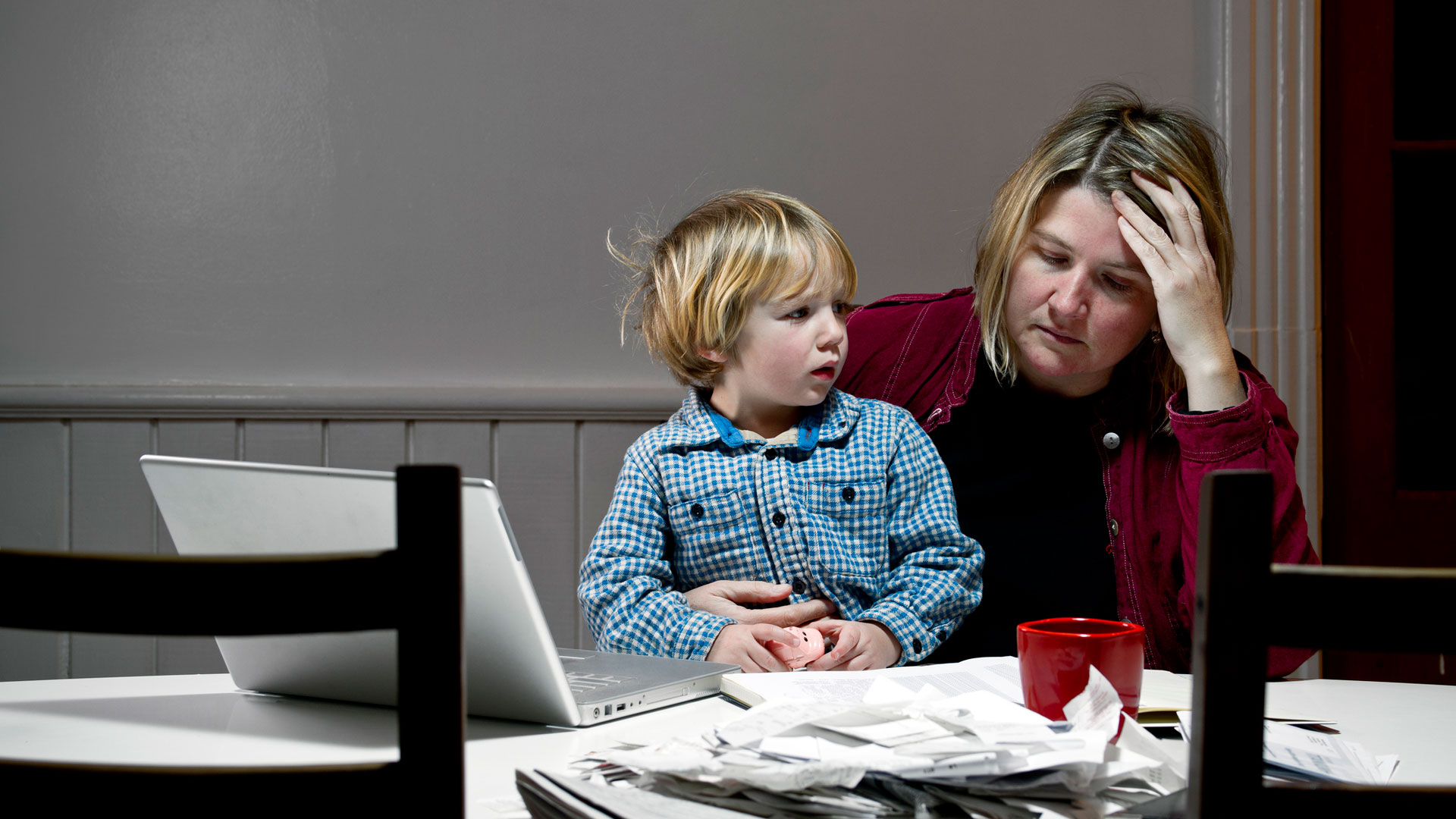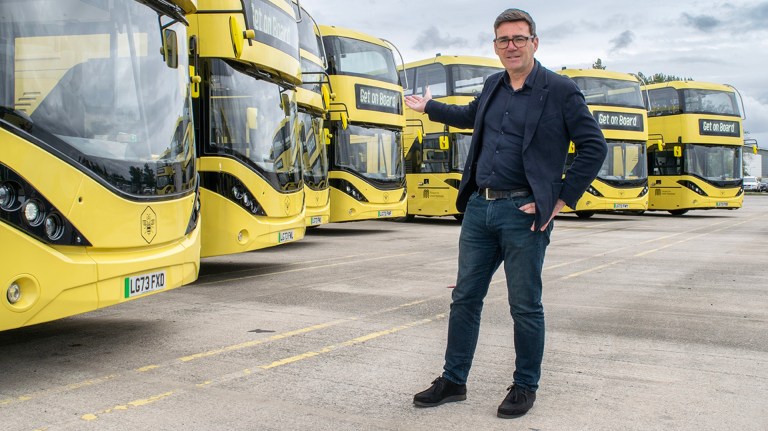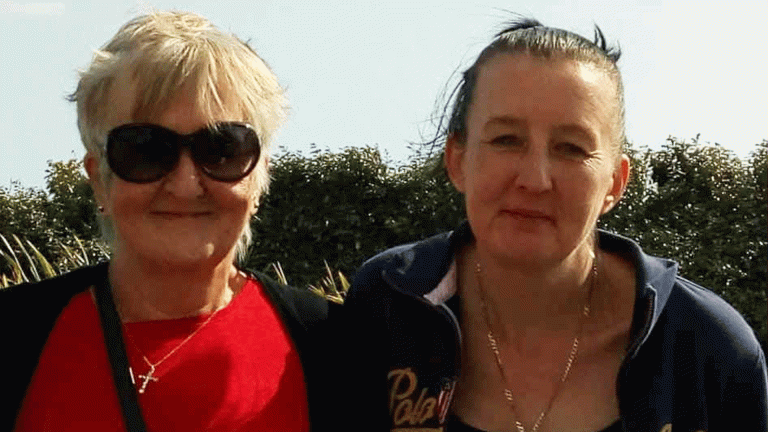The London Councils researchers also discovered that nearly half of the almost 200,000 low-income households claiming the benefit for private rent didn’t receive enough to cover their rent.
And a fifth of claimants in London are living in bedrooms with fewer bedrooms that they are entitled to (rising to a third of claimants in some areas) which would qualify the property as legally overcrowded.
Cllr Muhammed Butt, London Councils’ executive member for welfare, empowerment and inclusion, called the benefit freeze “counterproductive”, accusing it of “fuelling London’s skyrocketing rates of homelessness”.
He continued: “Keeping local housing allowances frozen during a period of fast-rising rents has made private renting in the capital increasingly unaffordable. The resulting pressures on household finances are immense and a crucial factor in the increase in homelessness, with the number of homeless households in London 50 per cent higher at the end of 2017/18 compared to 2010/11.
“Bringing LHA back up so that claimants could afford at least 30 per cent of local housing in the private rented sector would significantly improve accommodation options for Londoners and would represent a big step forward in tackling homelessness in the capital.”
Some people have to cut back on essentials like food and fuel – or to take out loans – because of the average £50.71 per week shortfall.
Advertising helps fund Big Issue’s mission to end poverty
Describing a “chronic shortage” of social housing in London, the local government association said many low-income individuals and families are forced to depend on the private rental sector for housing.
Greg Beales, campaign director at housing charity Shelter, said: “When housing benefit is so low that people are having to find over £50 a week to cover even the lowest rents, they face grim decisions between food, electric bills and keeping a roof over their head.
“The problem isn’t just confined to London, there is a gap between LHA and the bottom third of rents in 97% of areas across the country. The benefits freeze is pricing people out of anywhere to call home, and directly stoking the homelessness crisis.”
Beales joined London Councils in calling for the government to lift the benefit freeze and raise housing benefit to stop people being pushed into poverty and homelessness.
The ending of an assured shorthold tenancy (most common with private landlords) is now the biggest cause of homelessness in London.
Advertising helps fund Big Issue’s mission to end poverty
Local councils in London have had to organise temporary accommodation for 54,000 households (including 87,000 children), nearly 70 per cent of the total number in temporary housing in England.









